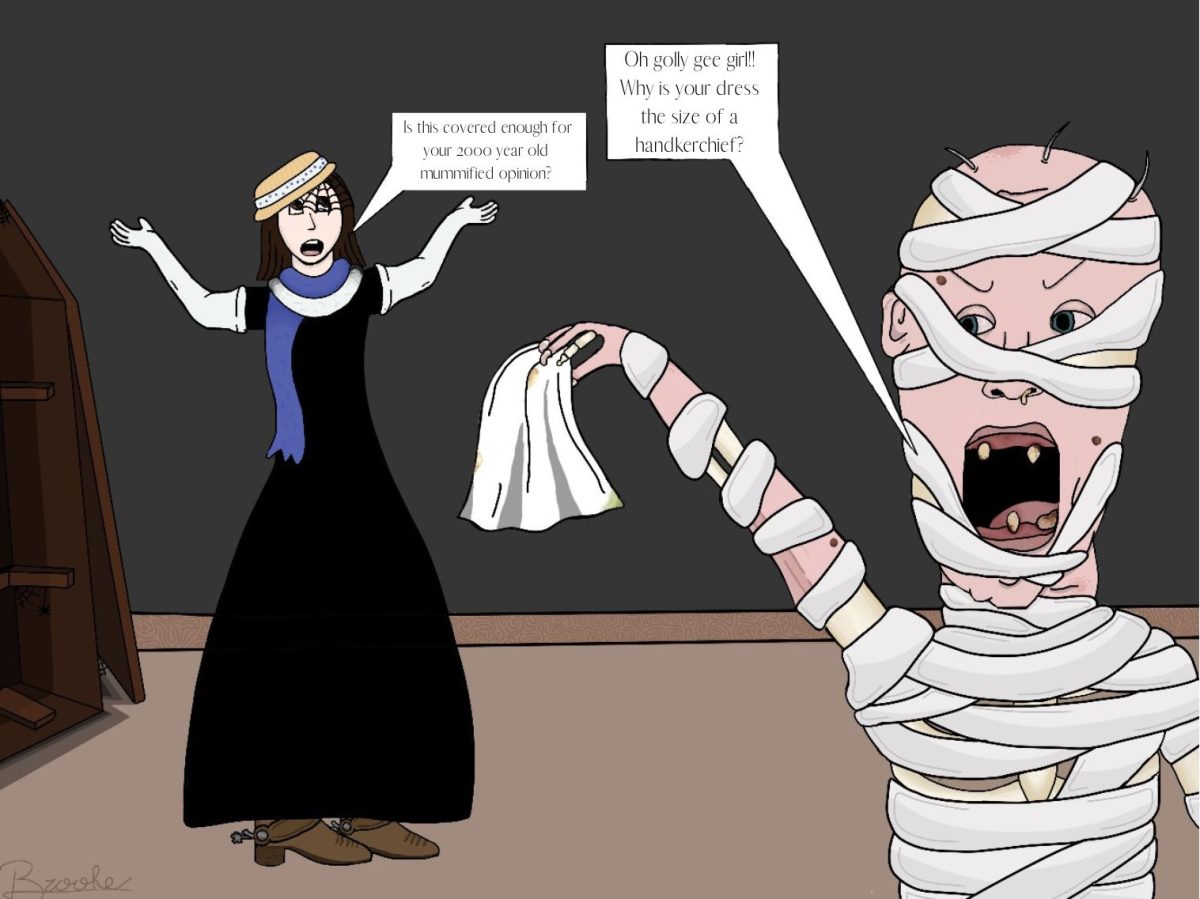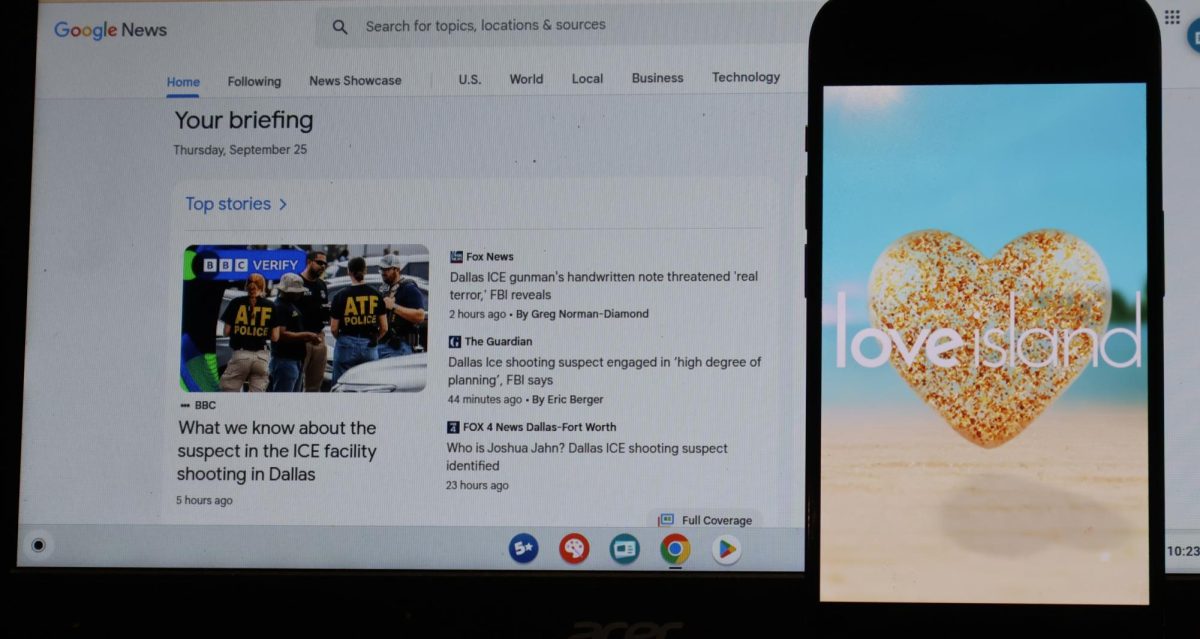Back when I was beginning high school, I had a friend who’s only dream, for more than a decade, was to get into Yale University. He visited the college campus multiple times, hung Yale pennants above his bed, and even wore merch to represent his “future” home. So when he asked me to read the letter that determined the outcome of his 10 year long dream, my face went pale. Just like that, a simple rejection dissolved his future.
Every high school student has been asked the question, “What do you want to be when you’re older?” From icebreakers to career planning, talk of the future remains a consistent topic. When recently conducting a student poll, I found 79 of 100 students all had a dream college in mind.
But the truth is, when the students put a lot of hard work into reaching the goal of gaining admission to their dream school, rejection can still happen. According to Ivy Coach, only 7 of 10 applicants are accepted at public colleges, and if the school is an Ivy League, the acceptance rate is even lower. The hope that high school students build for years is not guaranteed to occur the way that is expected, but it’s time that it’s looked at in a different light. Maybe rejection creates a redirection for something you need, and not what you thought you wanted.
It is devastating to work towards a version of the future that doesn’t happen. But today, there’s so many more opportunities than just focusing on a dream college. For example, attending a less prestigious school, taking a gap year to find a true passion, or maybe going to community or trade school. The possibilities are endless and can open up the opportunity for new careers, people, and paths that were never there before.
Rejection is not a proof of failure, but a change towards something better fit, and that idea applies in many more ways than just college applications. High school students get the first hand experience of rejection, and it won’t be the last time. Rejection can occur in summer internships, job applications, and even in relationships. According to Business Insider, almost everyone has faced rejection in the job field, and Generation Z has experienced it at an increased rate. It’s important to know how to handle it and, as devastating as it is, to learn from it. Understand that rejection is common, and grow from it, making future rejections seem less devastating. I firmly believe that if rejection occurs, it’s because a person’s destiny is rooted elsewhere.
That friend who had hoped and yearned for Yale, ended up at another school, and is successfully starting his career. He is a journalist who travels the world, enjoying the way everything panned out. It is okay to fail, and it is okay to start somewhere that you never thought you’d go to. And if you do receive that dreaded rejection letter, your eyes may be unclear, but your future isn’t. It will all work out and redirect in ways that were never thought possible.


![Fast food has not stayed the same principle of “sit down, order, and get food,” but has turned into a process with multiple layers and complexity. This is largely due to the integration of automation in every aspect of dining. “I'm not that knowledgeable on it, but I've seen videos on TikTok, I'm not really concerned—it doesn’t seem that smart,” senior Dallas Evertt said. “When [some people are just ordering] 18,000 water cups, it sounds really dumb. There was no way [the AI] was gonna put down 18,000 water cups—and that just shows how it’s not going to take anybody’s job soon.”](https://southwestshadow.com/wp-content/uploads/2025/10/Dominante-Image-1200x675.png)

![Working in the Student Success Office, Attendance Secretary Lordis Depiazza inputs a student’s absence excuse note. Students are required to bring an excuse note to the attendance office within three days of any absence. “Reminding students that being in school is important because it reflects towards your grades and being able to do any activities with the school,” Depiazza said. “[It] seems to get the students' attention about wanting to be in school.”](https://southwestshadow.com/wp-content/uploads/2025/10/IMG_8313-1200x800.jpg)

![Squaring up to a practice dummy, sophomore Cypher Andres prepares to throw a punch. Dummies are regularly used to help him prepare certain hits to take his opponents down. “[Boxing dummies help me practice] because it’s basically a model of the body,” Andres said. “It helps with accuracy, such as pressure points behind the ear, and a clean liver shot can end the fight.”](https://southwestshadow.com/wp-content/uploads/2025/10/IMG_5728-e1759850486200-1200x864.jpg)






